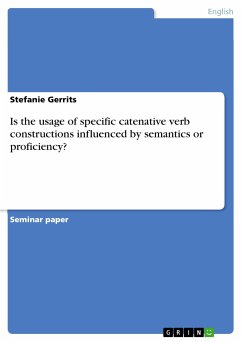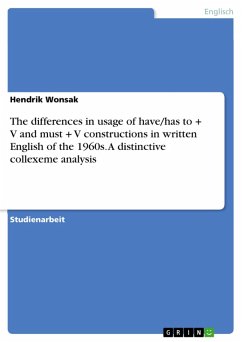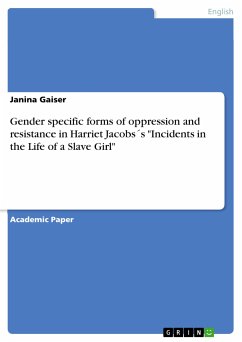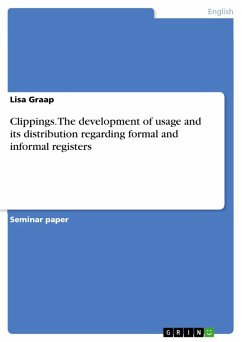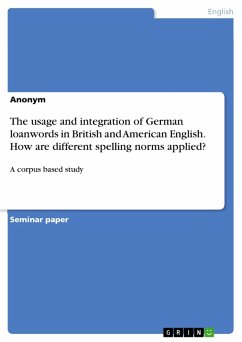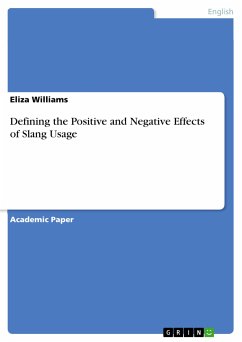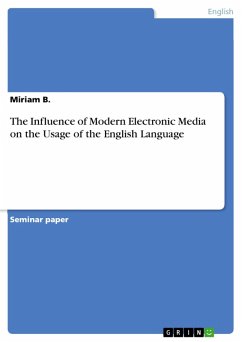Seminar paper from the year 2021 in the subject English Language and Literature Studies - Linguistics, grade: 2,1, University of Trier, course: Empirical Linguistics, language: English, abstract: Does the level of language learning correlates with the preference of the to-infinitive or the ing-form with German as a first language? We hypothesized that language learners with a higher level prefer using the ing-form. The second question regards a possible correlation between the use of verb forms and semantics. The hypothesis is that to-complements are preferred to ing-complements in sentences with future reference. [...] Have you ever stumbled over a sentence such as She intends _____ (drive) to her grandma for Christmas, and you were not sure if you should say to drive or driving to her grandma? A similar uncertainty can appear in the following sentences; would you choose the first or second variant? (1) I hate to go to the camp next week. I hate going to the camp next week. (2) I try to make it next week. I try making it next week. In this situation, you probably intuitively decide between the to-infinitive or the gerund (ingform) without applying a rule. This phenomenon of the variables of catenative verbs, where the main verb is followed by another submissive verb, could have multiple explanations. It could be influenced by semantics, proficiency level or educational background.
Dieser Download kann aus rechtlichen Gründen nur mit Rechnungsadresse in A, B, BG, CY, CZ, D, DK, EW, E, FIN, F, GR, HR, H, IRL, I, LT, L, LR, M, NL, PL, P, R, S, SLO, SK ausgeliefert werden.

